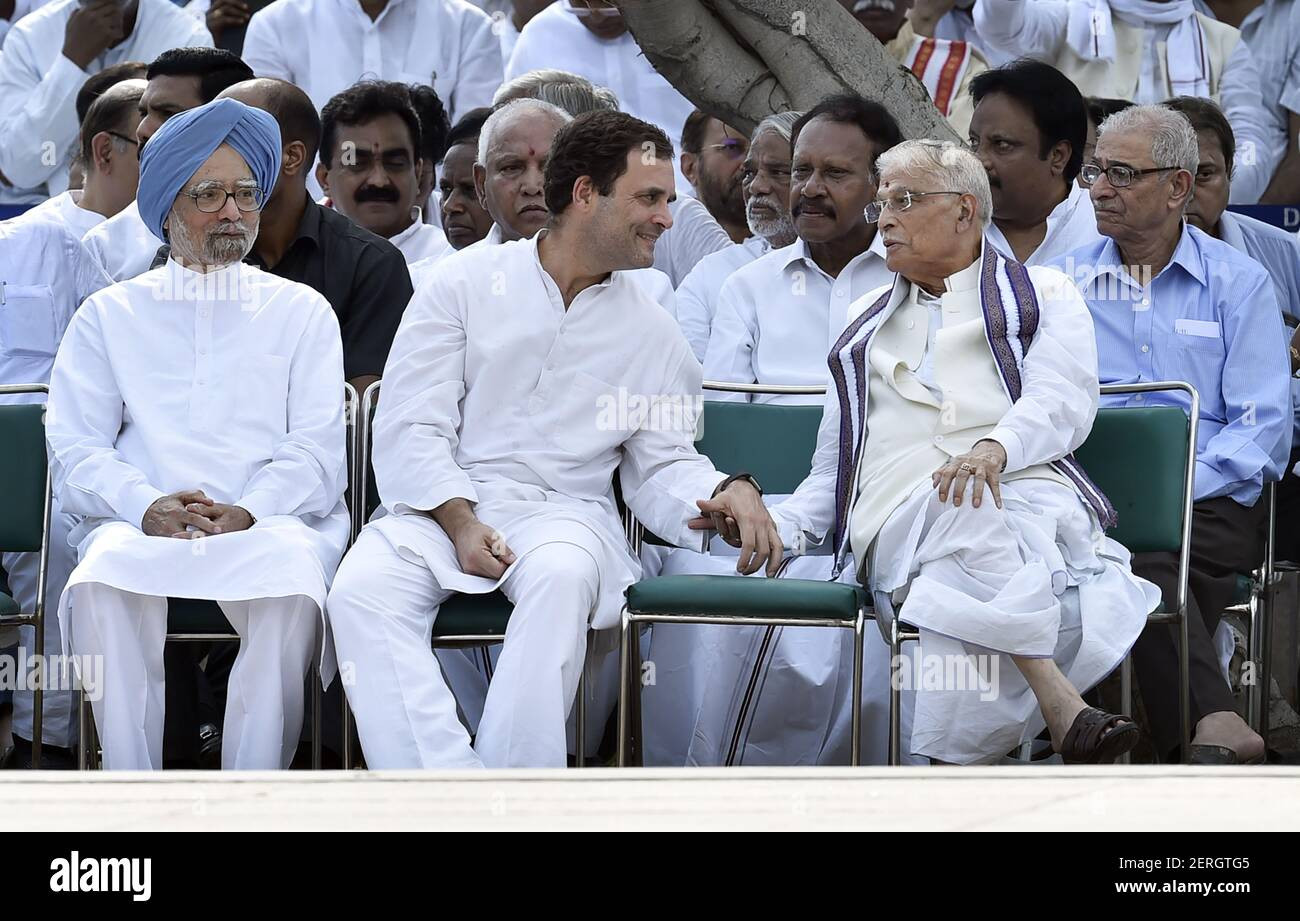India Mourns the Passing of Former Prime Minister Manmohan Singh
India is in mourning following the death of its former prime minister, Manmohan Singh, at the age of 92. The news of his passing, announced on Thursday, December 26th, 2024, sent shockwaves across the nation and the globe. Singh, a respected economist and statesman, served two full terms as prime minister, from 2004 to 2014, leaving an indelible mark on India's economic and political landscape.
A Legacy of Economic Reform
Widely regarded as the architect of India's economic liberalization, Singh spearheaded transformative reforms in the early 1990s. His policies, implemented during a period of severe economic crisis, opened up the Indian economy to global markets, fostering unprecedented growth and lifting millions out of poverty. His 1965 book, "India's Export Trends and Prospects for Self-Sustained Growth," already hinted at his vision for a more outward-looking economy. This move away from a socialist-patterned economy toward a capitalist model was a defining moment in Indian history, skillfully navigating the country away from a potential economic crisis. The reforms jump-started India's economic growth, propelling it to the world’s fifth largest economy today.
From Humble Beginnings to Global Recognition
Born in 1932 in a village in the Punjab province of undivided India (now in Pakistan), Singh's journey to the pinnacle of Indian politics was remarkable. His academic achievements, including a degree from Cambridge University and a doctorate from Oxford University, laid the foundation for his distinguished career in economics and public service. Before becoming prime minister, he served in various key governmental roles, including as finance minister and governor of the Reserve Bank of India. His tenure as finance minister, starting in 1991, was particularly pivotal in shaping India's economic future.
Navigating Domestic Challenges and International Relations
While Singh's economic reforms earned him international acclaim, his time as prime minister was also marked by significant challenges. Corruption scandals involving ministers in his government cast a shadow on his legacy, though he himself remained above reproach. The 2010 Commonwealth Games organizing corruption, for instance, tarnished the otherwise positive image he had cultivated. Furthermore, he faced the daunting task of governing a diverse and often fractious coalition government, comprising numerous parties with vastly different ideologies. His adept handling of this complex political landscape was a testament to his diplomatic skills and political acumen. He successfully brought together politicians and parties with differing ideologies and who were often rivals in the country's various states. Singh also showed his deft touch in international relations, forging stronger ties with the United States through a landmark nuclear deal in 2008. Despite receiving both praise and criticism for this agreement, the deal marked a crucial moment in India's relationship with the US, showcasing his pragmatic foreign policy approach. He also pursued a peace process with Pakistan, although this effort encountered setbacks following the Mumbai terrorist attacks in 2008.
A Legacy of Integrity and Humility
Despite the challenges, Singh maintained a reputation for personal integrity and humility. His modest demeanor and commitment to public service earned him widespread respect, both domestically and internationally. Even facing criticism he took a low profile, preferring to let his actions speak for themselves. Months before his death, he expressed confidence that history would judge him kindly. His passing leaves behind a void in Indian politics but also a rich legacy of leadership, economic innovation, and international diplomacy.
A Nation's Farewell
A fitting tribute is planned for this distinguished leader. India has announced seven days of state mourning, with the national flag flown at half-mast on official buildings. A state funeral will be held, marking the end of an era in Indian politics. His death is mourned by all citizens, including the cricket team that wore black armbands during a match against Australia as a sign of respect. The impact of his life and legacy will continue to resonate in the nation he so profoundly served for decades to come. The nation remembers his leadership with deep gratitude and respect.

















